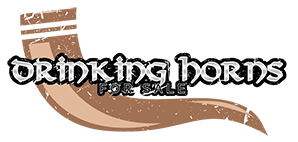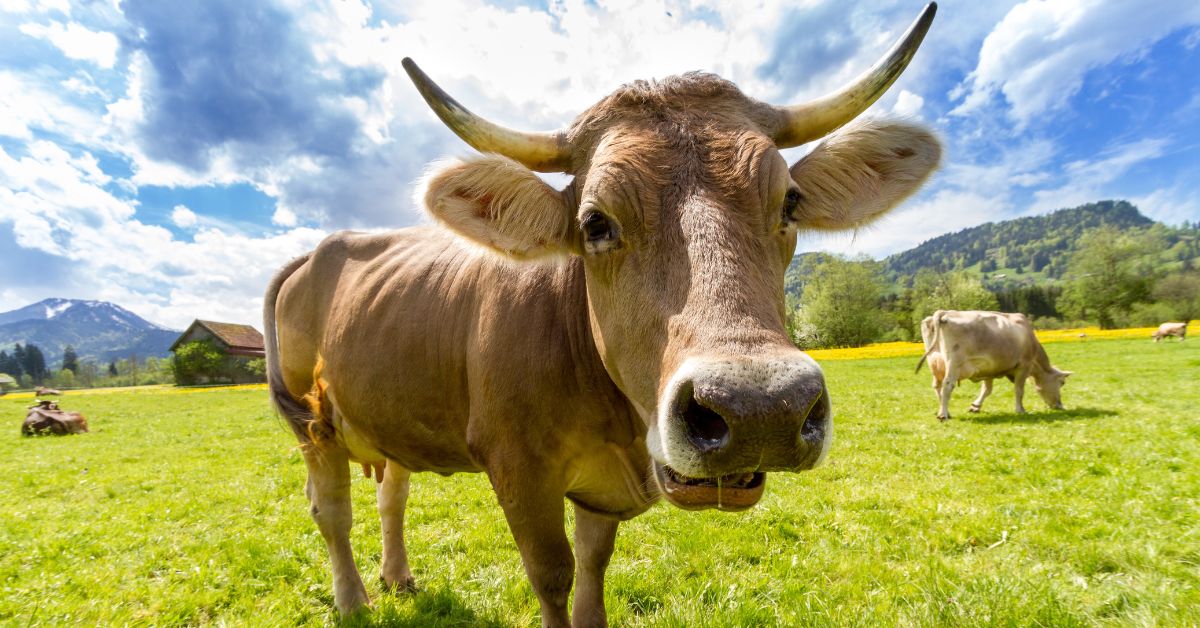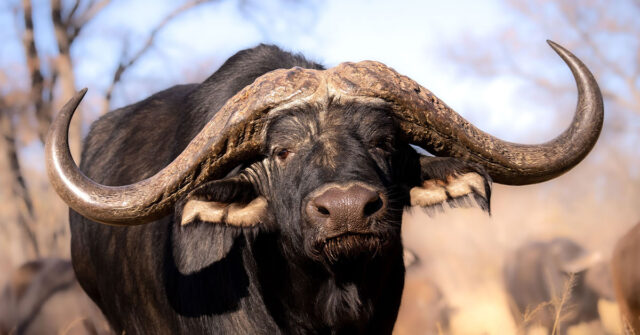In the realm of horn sourcing, two prominent methods—farm-based and wild sourcing—pose distinct advantages and challenges.
This post delves into these differing approaches, particularly in the context of their impact on the environment, economy, and ethical considerations.
Introduction to Horn Sourcing
Horn sourcing refers to the practice of obtaining animal horns, which are utilized in various industries, including fashion, decor, and cultural ceremonies.
The origin of these materials significantly affects their sustainability and ethical implications.
Definition and Importance of Horn Sourcing
Understanding horn sourcing involves recognizing its role in traditional crafts and modern industry. Horns, once discarded as waste, are now prized for their durability and unique aesthetic.
Overview of Horn Usage in Various Industries
Industries ranging from interior design to musical instrument manufacturing utilize horns. Each sector demands high-quality materials, often specific to either wild or farm-sourced horns.
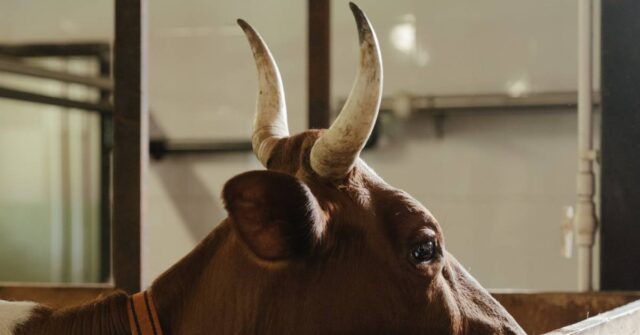
Historical Context of Horn Sourcing
Historically, horn sourcing has deep roots in many cultures, used in everything from drinking vessels in medieval times to decorative items in Victorian England.
Traditional Practices in Horn Sourcing
Traditionally, communities used locally sourced horns, ensuring minimal waste in livestock economies. These practices were inherently sustainable and closely tied to local ecology and economy.
Evolution from Ancient to Modern Practices
With industrialization, horn sourcing expanded beyond local practices to global industries, increasing the demand for large-scale sourcing methods.
Farm-Based Horn Sourcing
Farm-based sourcing of horns involves controlled breeding environments, aiming to ensure consistent quality and supply.
Methods of Farm-Based Sourcing
This method typically involves domesticated animals, where horns are harvested post-mortem as part of broader livestock management practices.
Advantages of Farm-Based Horn Sourcing
Farm sourcing is praised for its predictability and ability to meet large orders consistently.

Economic Benefits
Farms that manage horn production can achieve significant profit margins, especially when they optimize their operations to meet industry demands efficiently.
Sustainability Factors
When managed ethically, farm-based sourcing can be sustainable, using every part of an animal and reducing waste.
Control Over Quality and Supply
Farms can breed animals with specific traits, ensuring quality and volume to satisfy market demands.
Disadvantages of Farm-Based Horn Sourcing
Despite its benefits, farm-based sourcing is not without its drawbacks, particularly concerning ethical and environmental issues.
Ethical Concerns
The welfare of animals on farms can be compromised in the pursuit of profit, raising significant ethical questions about the humane treatment of livestock.
Environmental Impact
Large farms can contribute to environmental degradation, including habitat destruction and pollution.
Legal and Regulatory Challenges
Regulations regarding animal welfare and environmental impact can restrict farm operations, impacting their efficiency and profitability.
Wild Source Horn Sourcing
Wild sourcing involves collecting horns from animals that have lived and died in their natural habitats.

Methods of Wild Source Sourcing
This approach often involves gathering naturally shed antlers or sourcing from deceased animals found in the wild, minimizing human impact on wildlife populations.
Advantages of Wild Source Sourcing
Wild sourcing is often viewed as more sustainable and ethically favorable.
Environmental Considerations
By sourcing from wild populations without disrupting their habitats, this method supports ecological balance.
Support for Biodiversity
Encouraging natural ecosystems and processes, wild sourcing can promote biodiversity and the health of wildlife populations.
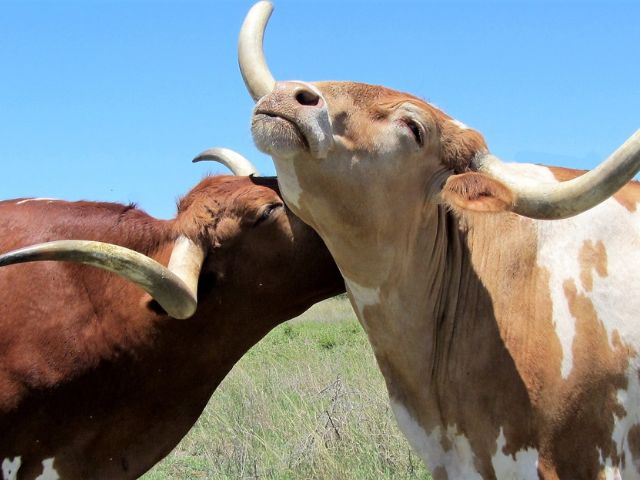
Cultural and Social Impacts
Wild sourcing can support local traditions and economies, particularly in rural areas where such practices are part of the cultural heritage.
Disadvantages of Wild Source Sourcing
However, wild sourcing is not free from challenges, particularly in terms of scalability and consistency.
Conservation Risks
If not managed carefully, wild sourcing can lead to overexploitation and threats to wildlife populations.
Legal and Ethical Issues
Regulations aimed at conserving wildlife can limit the feasibility of wild sourcing, posing challenges for businesses that rely on these materials.
Unpredictability of Supply
The inherent unpredictability of wild populations makes it difficult to ensure a consistent and reliable supply, complicating production schedules for industries that depend on these materials.
Comparative Analysis
Comparing farm-based and wild source sourcing reveals a complex landscape of ethical, environmental, and practical factors that must be balanced by industries and regulators alike.
Direct Comparison of Farm and Wild Source Sourcing
While farm sourcing offers consistency and control, wild sourcing advocates for sustainability and ethical practices, highlighting a trade-off between efficiency and environmental stewardship.
Stakeholder Perspectives
Diverse perspectives from industry leaders, conservationists, and local communities illustrate the multifaceted impacts of different sourcing methods.

Industry Leaders
Industry advocates often favor farm sourcing for its reliability and scalability, crucial for meeting global market demands.
Conservationists
Conservationists argue for the ecological and ethical superiority of wild sourcing, emphasizing long-term sustainability over immediate economic gains.
Local Communities
In regions where traditional practices prevail, communities often support wild sourcing because of its cultural significance and lower environmental impact.
Current Legal Frameworks and Regulations
Understanding the legal landscape is essential for navigating the complex world of horn sourcing.
National and International Regulations
Laws and regulations at both national and international levels play a critical role in shaping sourcing practices, with significant variations across borders.
Impact of Regulations on Sourcing Practices
Regulatory frameworks directly influence how both farm-based and wild source sourcing operations are conducted, often dictating the feasibility of certain practices.
Future Trends and Innovations in Horn Sourcing
The future of horn sourcing is likely to see significant innovation, particularly in terms of sustainability and ethical practices.
Technological Advances
New technologies are expected to revolutionize the industry, potentially allowing for synthetic alternatives that could mitigate ethical and environmental concerns.

Alternative Materials and Synthetic Horns
Research into synthetic materials that mimic the properties of natural horns could reduce reliance on animal sources, presenting a promising frontier for the industry.
Predictions for Future Practices
Industry trends suggest a move towards more sustainable and ethically conscious sourcing methods, influenced by consumer demand and regulatory pressures.
Conclusion
This exploration into horn sourcing illustrates the complex interplay between economic interests and ethical considerations, highlighting the need for informed choices and responsible practices in the industry.
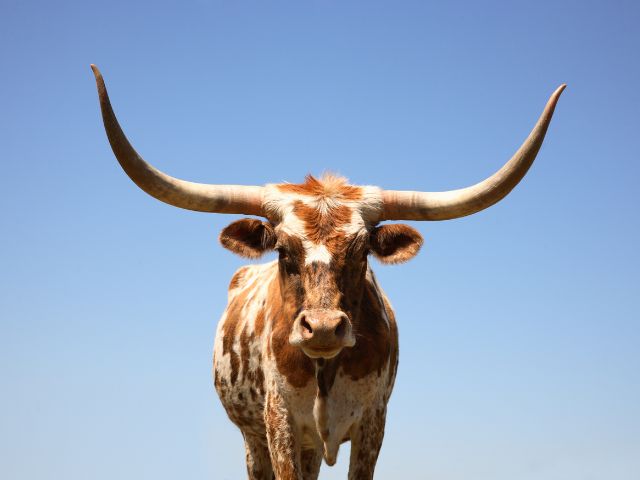
Summary of Key Points
We’ve examined the pros and cons of both farm-based and wild source horn sourcing, considering their impacts on the environment, economy, and ethical practices.
Recommendations for Stakeholders
Stakeholders across the industry are encouraged to pursue innovations and collaborate on sustainable practices that align with global conservation goals.
Final Thoughts on the Sustainability of Horn Sourcing
The sustainable sourcing of horns is not just an environmental or ethical issue but a complex challenge that spans cultural, economic, and regulatory dimensions.
Addressing this challenge requires a holistic approach that respects both nature and industry needs.
